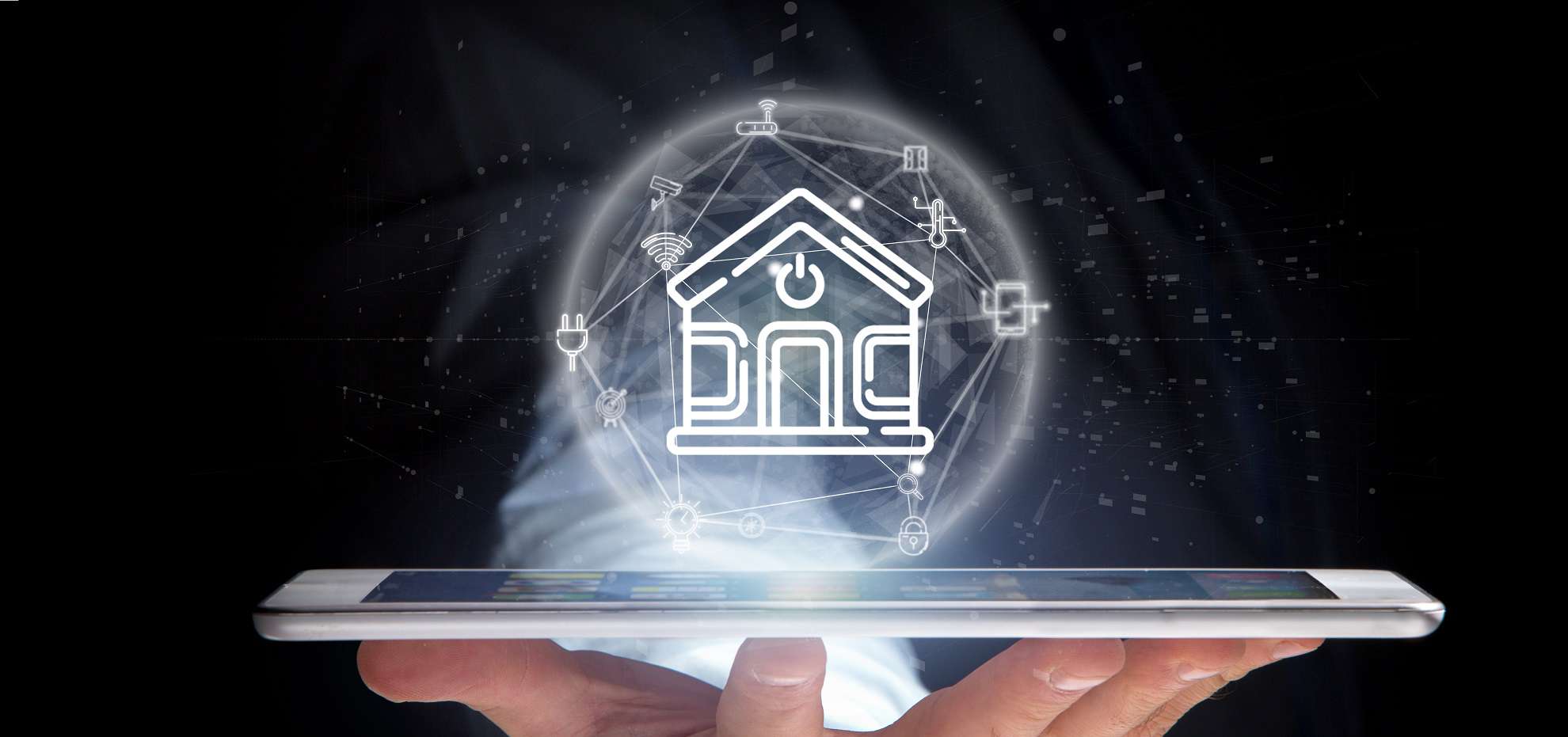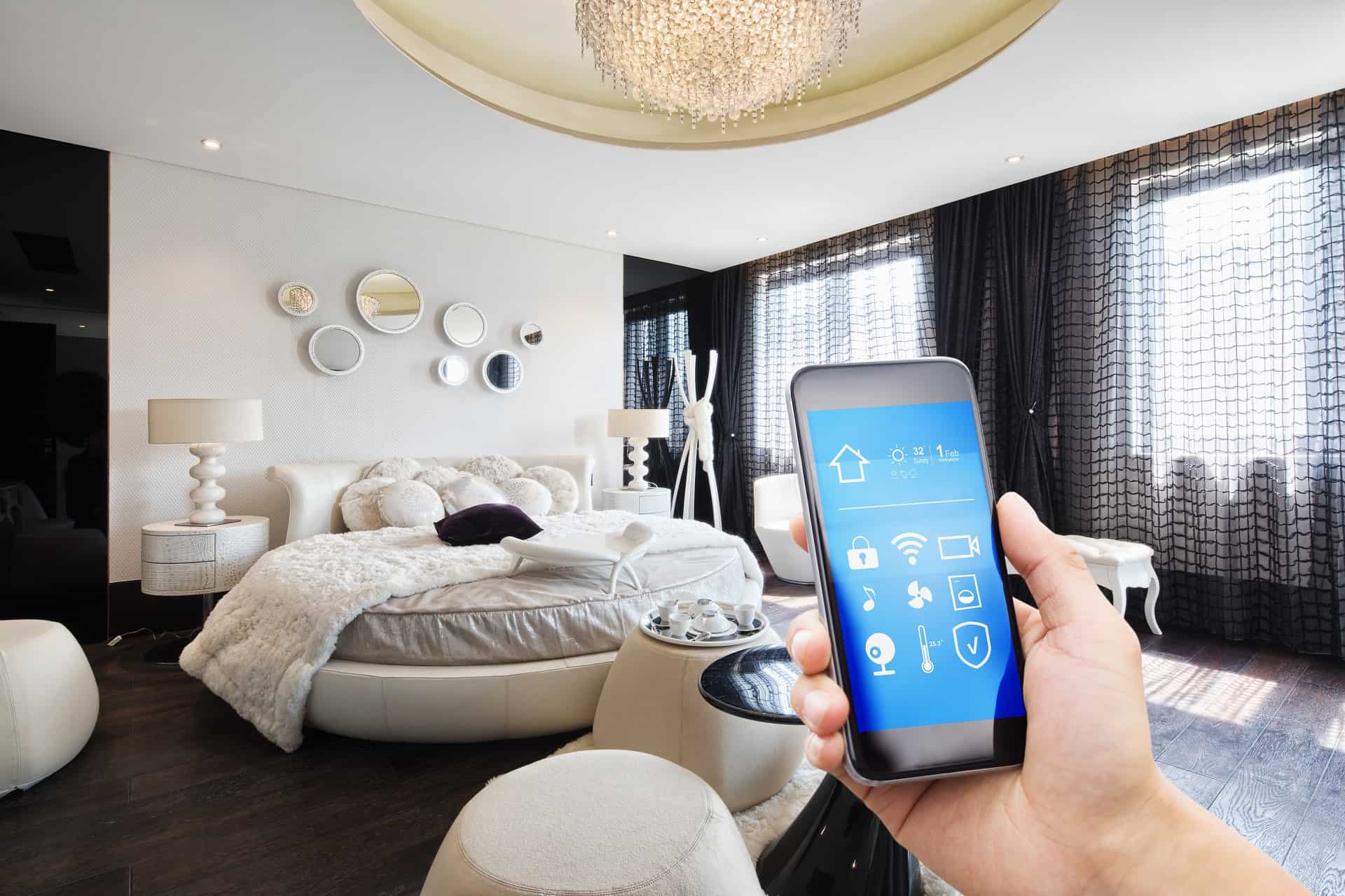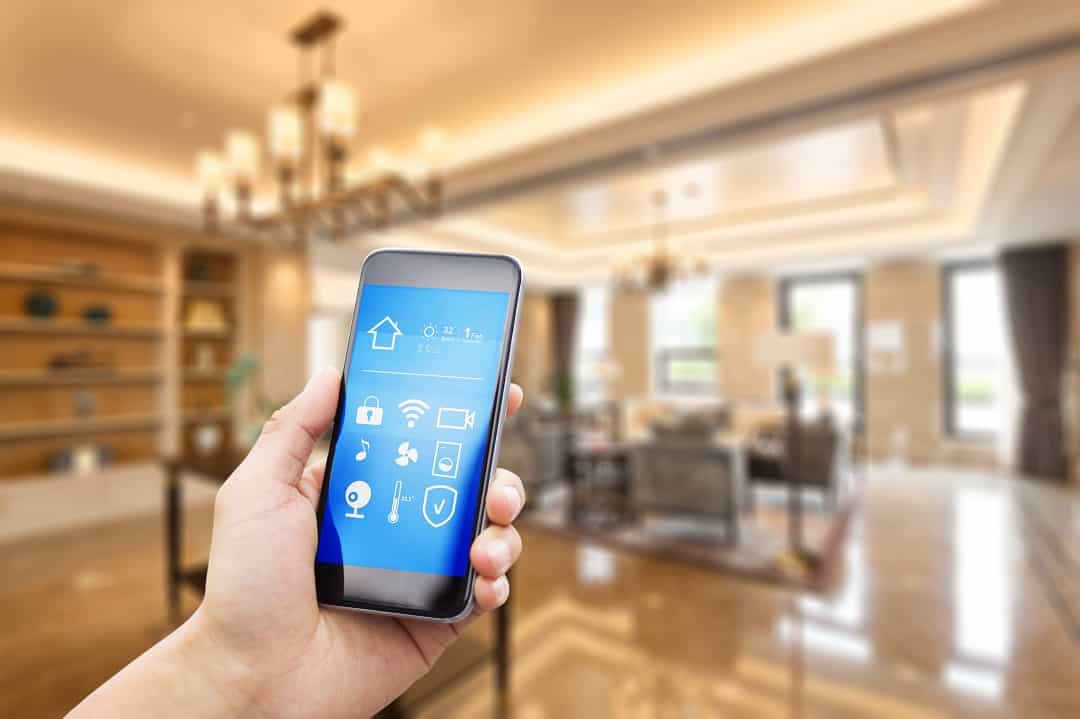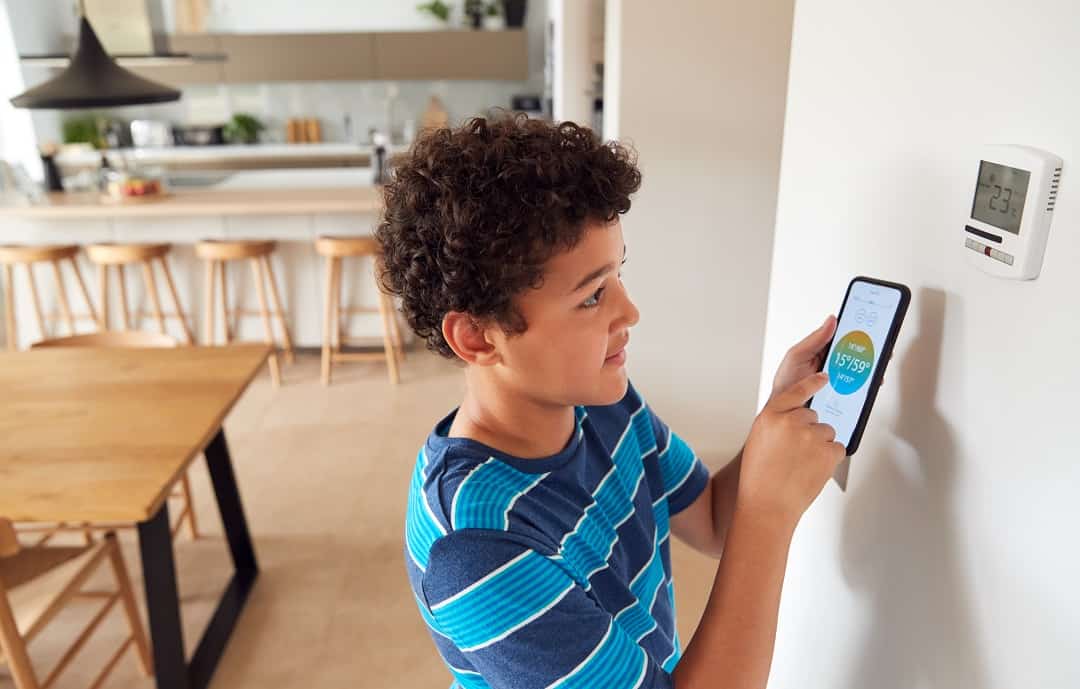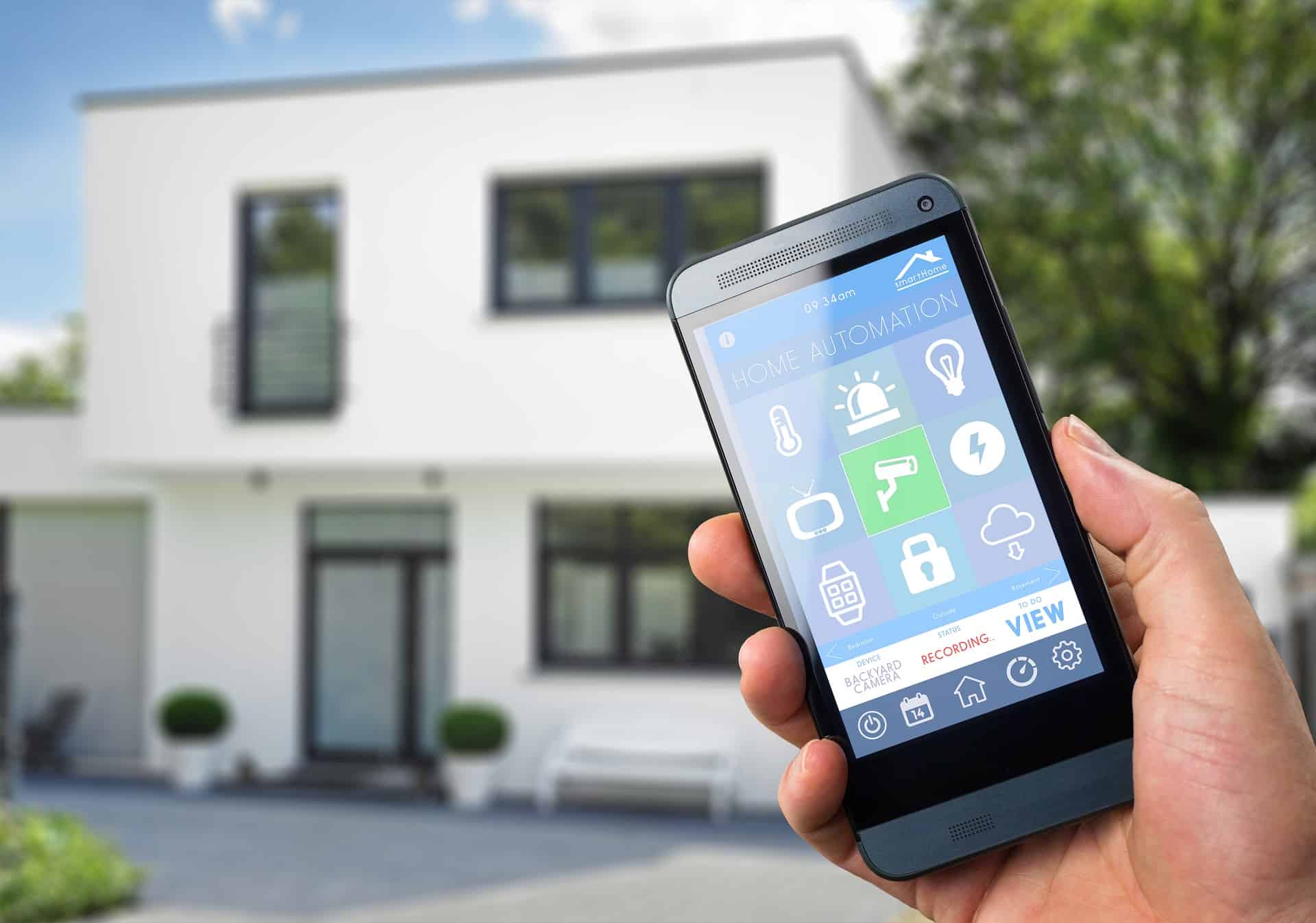Are you curious about the latest advancements in the world of smart homes and how artificial intelligence is transforming our living spaces? Well, you’ve come to the right place. In this post, we will delve into the fascinating world of AI and explore how it is revolutionizing the way we interact with our homes. From voice-controlled assistants to smart appliances and automated security systems, AI is reshaping the way we live, making our homes more convenient, secure, and efficient than ever before.
The Role of AI in Smart Home Evolution
AI (Artificial Intelligence) is revolutionizing the way we interact with our homes. It plays a crucial role in the evolution of smart homes by enhancing home security and streamlining home automation. AI enables smart home devices to learn and adapt to our preferences over time. This means that devices like smart thermostats can automatically adjust the temperature based on our habits and preferences, providing a comfortable environment without the need for manual intervention. Additionally, AI-powered voice assistants like Amazon Alexa or Google Assistant enable us to control multiple devices with just our voice, making it easier and more convenient to interact with our smart homes. AI also enables smart home devices to perform complex tasks, such as recognizing faces or distinguishing between different types of sounds, enhancing security and personalization. Overall, AI brings a new level of intelligence and automation to smart homes, making them more convenient, efficient, and personalized to our needs.
Home Security
AI is transforming home security systems, making them smarter and more efficient. With AI-powered cameras and motion sensors, homeowners can enjoy a higher level of protection and peace of mind. These advanced systems can differentiate between a potential threat and harmless activity, reducing false alarms and providing accurate notifications. AI algorithms can also learn and adapt to the homeowners’ behavior, automatically adjusting security settings based on their preferences.
Home Automation
In addition to enhancing security, AI is streamlining home automation processes. Smart homes equipped with AI can intelligently control various aspects of the household, such as lighting, temperature, and entertainment systems. Through voice commands or smartphone apps, homeowners no longer have to manually operate individual devices. AI technology enables seamless integration and synchronization, allowing users to create custom routines and schedules for their smart devices. This not only saves time and effort but also increases energy efficiency by optimizing the use of resources.
Smart Thermostats and Energy Management
The emergence of smart home technology has revolutionized the way we manage our energy consumption. One of the key components of this evolution is the introduction of smart thermostats. These innovative devices utilize artificial intelligence to learn and adapt to the household’s heating and cooling preferences. By analyzing data such as temperature patterns, occupancy, and weather forecasts, smart thermostats can optimize energy usage, saving both money and resources. With the ability to be controlled remotely through smartphone apps, homeowners can conveniently adjust the temperature settings, ensuring comfort and efficiency. Additionally, some smart thermostats can integrate with other smart devices, such as occupancy sensors and smart blinds, further enhancing energy management capabilities.
AI-powered Lighting Systems
Another exciting development in the realm of smart home technology is the advent of AI-powered lighting systems. Gone are the days of manually flipping switches; these intelligent lighting systems can automatically adjust brightness, color, and intensity based on a variety of factors. By utilizing AI algorithms, these systems learn the household’s lighting preferences and adjust accordingly. For example, they can simulate natural daylight cycles to regulate sleep patterns or create personalized lighting scenes for different activities, such as reading or entertaining. Moreover, AI-powered lighting systems can be integrated with voice assistants like Amazon Alexa or Google Assistant, allowing users to control the lights with simple voice commands. With their energy-saving capabilities and customizable features, AI-powered lighting systems are not only convenient but also environmentally friendly.
FAQ
What are some examples of AI powered devices and technologies in smart homes?
AI-powered devices and technologies are revolutionizing the way we interact with our smart homes. Some popular examples include voice assistants like Amazon Echo and Google Home, which use natural language processing and machine learning to understand and respond to our commands. These smart speakers can control various aspects of our homes, such as adjusting the thermostat, turning on lights, or playing music, all through voice commands. Another example is smart thermostats like the Nest Learning Thermostat, which uses AI algorithms to learn your schedule and preferences, automatically adjusting the temperature to optimize energy efficiency and comfort. AI-powered security systems, such as the Ring Video Doorbell, use computer vision to detect and alert you about any suspicious activity around your home. These are just a few examples of how AI is enhancing our smart homes, making them more convenient, efficient, and secure.
How does AI enable smart homes to learn and adapt to the needs and preferences of the residents?
AI technology plays a crucial role in enabling smart homes to learn and adapt to the needs and preferences of the residents. By utilizing machine learning algorithms, AI systems can gather and analyze data from various sensors and devices within the home. This data provides valuable insights into the residents’ daily routines, habits, and preferences. With this information, AI algorithms are able to make intelligent predictions and recommendations to enhance the overall living experience. For example, AI can learn when the residents typically wake up and adjust the thermostat accordingly, or it can recognize patterns in their entertainment choices and suggest personalized content. Ultimately, AI enables smart homes to become more intuitive and responsive, creating a seamless and customized environment for the residents.
How is AI being used to create a seamless and personalized user experience in smart homes?
AI is being used to create a seamless and personalized user experience in smart homes by analyzing user behavior and adapting to their preferences. Smart home devices equipped with AI can learn from patterns and interactions to anticipate the user’s needs and automate tasks accordingly. For example, AI-powered voice assistants like Amazon Alexa or Google Assistant can understand and respond to natural language commands, allowing users to control various smart devices in their homes effortlessly. Additionally, AI algorithms can analyze data from sensors and cameras to detect patterns and make predictions, such as adjusting the temperature based on the user’s preferences or automatically turning on lights when someone enters a room. This level of personalization and automation enhances the user experience, making smart homes more intuitive and convenient.
Are there any limitations or challenges in implementing AI in smart homes?
Yes, there are some limitations and challenges in implementing AI in smart homes. One of the main limitations is the lack of standardization in the industry. Each smart home device or platform may use different AI technologies and protocols, making it difficult for them to communicate and work together seamlessly. Another challenge is the potential for privacy and security breaches. AI collects and processes a massive amount of data from smart home devices, which can be vulnerable to hacking or misuse. Additionally, there is a learning curve for users to understand and utilize AI-powered features effectively. Not everyone may be comfortable with the idea of AI making decisions or automating tasks in their homes, which can pose a challenge for widespread adoption. However, as technology advances and industry standards become more established, these limitations and challenges are likely to be addressed and overcome.
What is the future outlook for AI in smart home technology?
The future outlook for AI in smart home technology is extremely promising. As technology continues to advance at a rapid pace, AI is expected to play a crucial role in the evolution of smart homes. AI-powered virtual assistants like Amazon Alexa and Google Assistant have already made a significant impact by enabling users to control various aspects of their homes through voice commands. Going forward, we can expect AI to become even more integrated into our daily lives, with smart home devices becoming even smarter and more intuitive. From automated lighting and temperature control to personalized home security systems, AI will continue to enhance the convenience, comfort, and efficiency of our homes. With advancements in machine learning and data analysis, AI will also be able to anticipate our needs and preferences, further enhancing the overall smart home experience.
In Summary
I hope you found the information insightful and enjoyed exploring the fascinating world of AI-powered smart homes. As technology continues to advance, the integration of AI into our everyday lives becomes increasingly prominent. It is truly exciting to witness the evolution of smart homes and the convenience and efficiency they bring to households worldwide.
